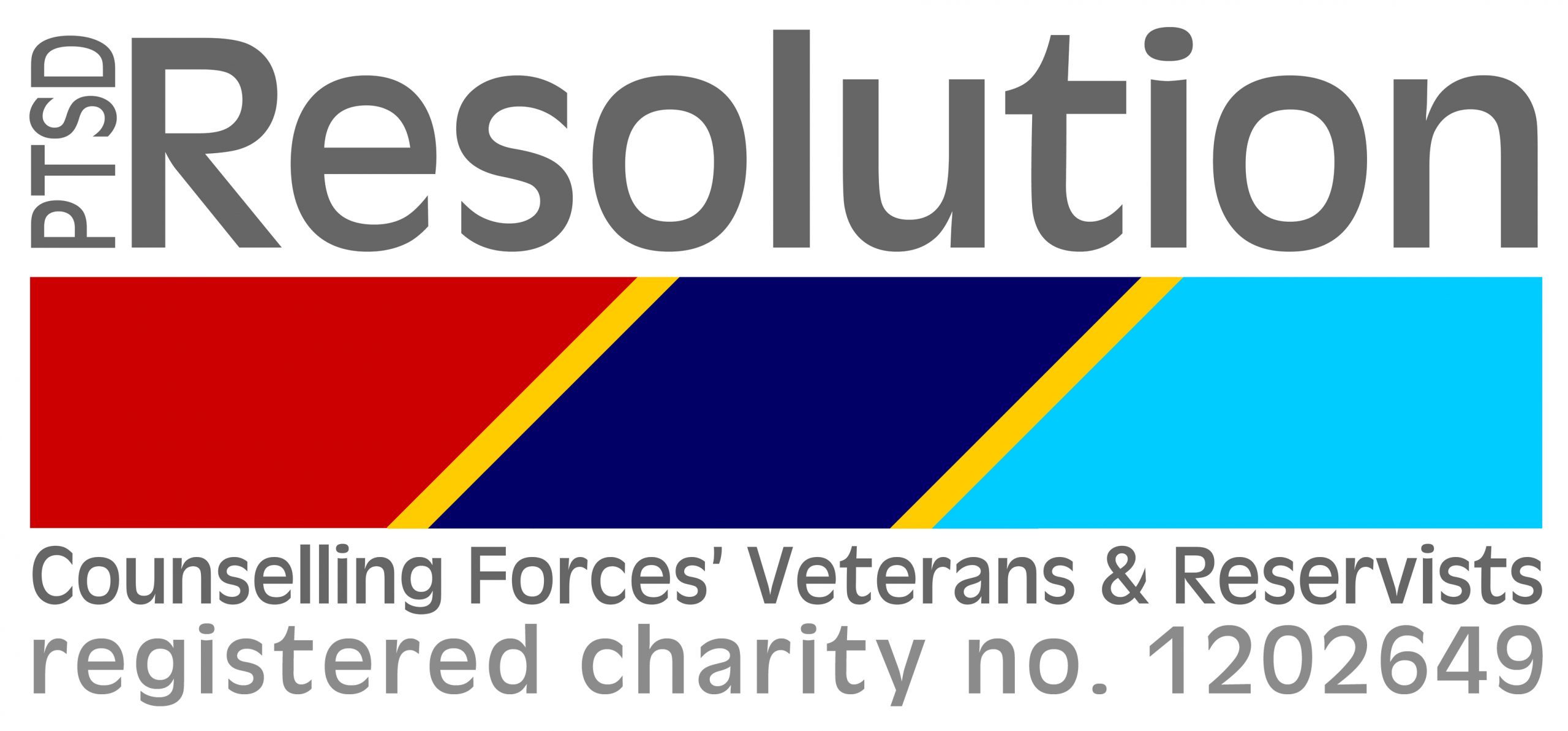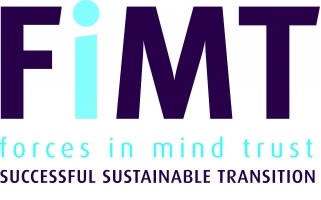Rising prisoner populations and strained resources in England and Wales’s prisons disproportionately impact veterans struggling with mental health challenges. To help address this issue, veterans’ charity PTSD Resolution provides critical support for veterans in the criminal justice system through free mental health treatment that is delivered in prison.
Up to 27% of men and 37% of women in prison who served in the UK military live with post-traumatic stress disorder (PTSD). By addressing their mental health struggles, the charity not only eases individual suffering but facilitates the reintegration of veterans after release.
PTSD Resolution has already provided therapy to over 155 veterans across 28 prisons. However, with the number of incarcerated veterans increasing amidst broader prison population growth, the need is even more pressing today. More programs and partnerships are vital to reach vulnerable veterans, says PTSD Resolution CEO Charles Highett.
While long-term issues like overcrowding and tight budgets limit quick fixes, promising steps are underway. The government plans to add 20,000 modern prison places to increase capacity and has rehired some staff after prior decreases. Ongoing hiring and training initiatives aim to build experienced, stable teams of officers – a key factor as staff shortages can contribute to violence and self-harm incidents.
Experts emphasise rehabilitation and community integration as essential for safety and justice. Prisons must holistically address mental health, skill building and social support to reduce reoffending. Veterans have unique needs due to trauma and disconnection from civilian life. Targeted veteran programs led by groups like PTSD Resolution equip them with support and purpose.
“It is vital that these issues of mental health are brought to the forefront of public discussion and that action is taken to address them. Only through acknowledging and tackling these challenges can the mental health needs of prisoners and specifically veterans in custody be dealt with reducing stigma, enhancing social inclusion and assisting rehabilitation.” says Charles Highett.
Founded in 2009, the charity is accredited by the Royal College of Psychiatrists to the Quality Network for Veterans Mental Health Services (QNVMHS). It has had over 4,000 referrals to date, and delivers therapy in an average of seven sessions, where the client and therapist agree that no further therapy is required.
PTSD Resolution is currently seeking funding for a 3-year project to significantly expand support for vulnerable veterans across prisons in England. The project will provide therapy and trauma awareness training to improve care within the system.
The charity has made significant inroads treating veterans across England’s prison system, but much work remains. The charity has conducted therapy sessions for veterans in 21 prisons to date, leaving 78 prisons that have not yet received their services.
The prisons already treated by PTSD Resolution are HMP Dartmoor, HMP Elmley, HMP Erlestoke, HMP Featherstone, HMP Ford, HMP Garth, HMP Haverrigg, HMP High Down, HMP Hollesley Bay, HMP Isle of Wight, HMP Kirklinton Hall, HMP Parc, HMP Peterborough, HMP Risley, HMP Shrewsbury, HMP Stafford, HMP Stoke Heath, HMP Sudbury, HMP Swaleside, HMP Thorn Cross, and HMP The Verne.
“While proud of our impact so far, PTSD Resolution aims to expand our reach. With over three-quarters of prisons yet to receive therapy sessions, vulnerable veterans in many facilities still lack access to our specialist trauma treatment. The charity is actively working to form new partnerships and increase capacity to help underserved veterans confronting service-related mental health challenges,” says Charles Highett.
Contact www.PTSDresolution.org

















